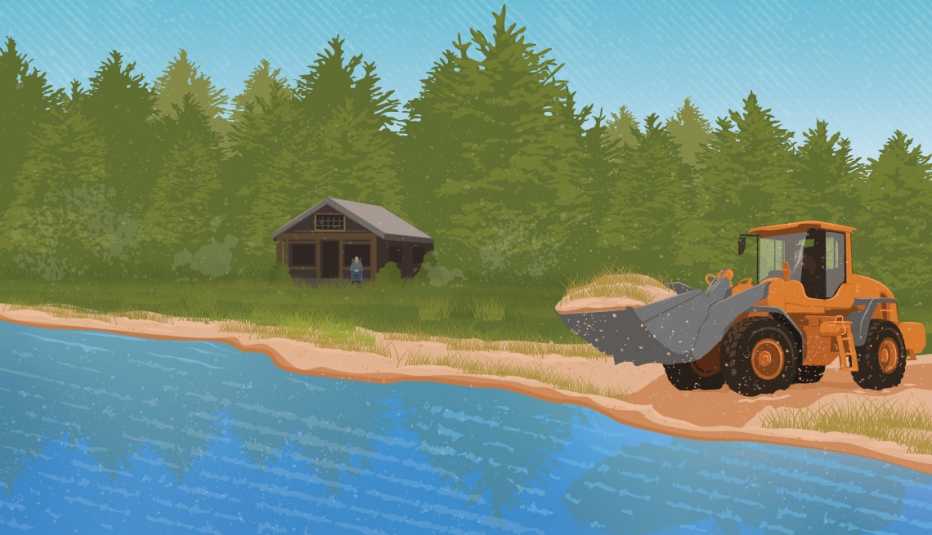Staying Fit


I come from a long line of control freaks. The sort of people you don’t invite over lest they find the uneven seam in your wallpaper and remark on it. The kind of people who hold firm opinions about proper dishwasher loading and communism. Judgmental people with indomitable wills.
How control freaky are they? Once upon a time my grandfather wanted to spend the summer at his cottage in northern Michigan. The snag — he was dying and lived in Naples, Florida.
So, undeterred by advanced pulmonary fibrosis or his doctors’ warnings, he hired an RV, filled it with several tanks of oxygen, and commandeered two paid caregivers to drive 23 hours straight, 1,500 miles north, and deposit his 92-year-old, invalid self in the woods. Whereupon he let himself into the house, sat on his deck, poured himself a tumbler of vodka and gazed at the lake.
I know this, because like every other alarmed family member, I called him.
“How’s it Up North, Grandpa?” I asked.
“Not good,” he grumbled. “The beach ... there are weeds.”
You’re probably from a well-adjusted family and would sensibly point out that the shores of Lake Huron do not require weeding.
Clearly, you never met my grandfather.
The next day, he hired a front loader and bulldozed the beach. He died five months later. Defiant to the end, railing against untidy bramble.
So, it came as a shock last summer to find that his daughter, my mother, heir to a long line of control freaks, had let her garden go to hell.
What happened to the garden?


Thanks to COVID remote work, I went up to Michigan to help open my parents’ cottage and I couldn’t grasp the disarray. Where there once stood an obsessively manicured garden, now were waist-high weeds. My mother is a person who cannot walk past a plant without dead-heading it. She can spot bindweed at 50 paces. My childhood was one of indentured servitude to her garden beds. Something was clearly wrong.
But most alarming — the front yard had been overtaken by groundcover. Oh, it will just fill in the unsightly patches, my mother must’ve thought as she succumbed to the undertow of invasive species.
I immediately confronted her.
“What happened to the garden?” I gestured madly at the underbrush, channeling my grandfather.
“It’s FINE,” insisted my mother.
I called her bluff. “It is NOT fine.”
“I like to sit on the porch and see what comes up. It’s a surprise.”
Who are you and what have you done with my mother?
Like many children 50-plus with aging parents, I increasingly find myself having the “Are you sure you know what you’re doing?” power struggle.


































































You Might Also Like
In This Life’s a Journey Essay, a Lighter Agenda in Paris Proved Best
Trip opened traveler’s eyes to another side of the city many never see
Through Travel Comes an Understanding of Your Family’s History
For a longtime writer, visiting homelands brings the past
More Members Only Access
Watch documentaries and tutorials, take quizzes, read interviews and much more exclusively for members